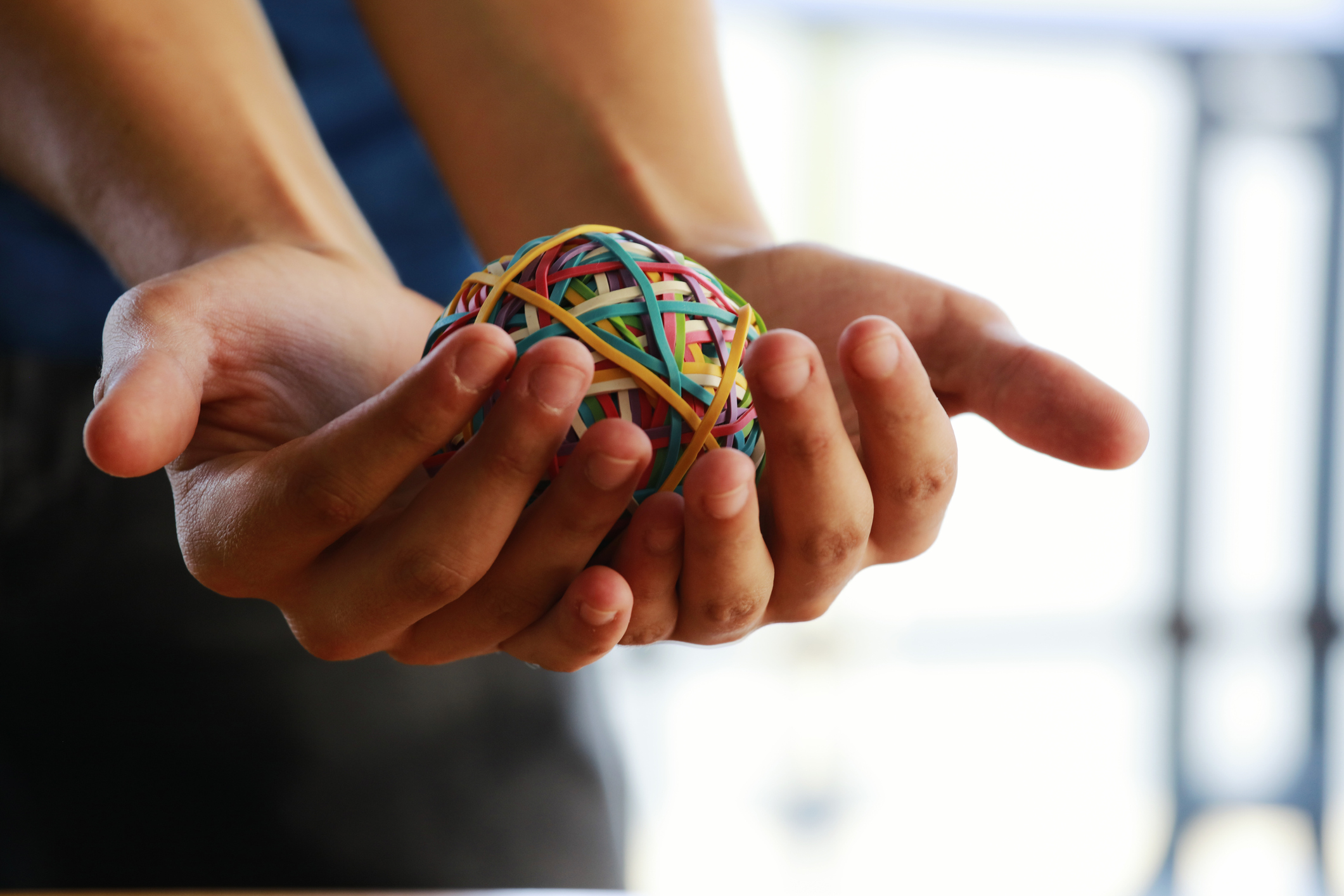“I’m sorry, but there’s no time to watch a movie tonight,” I said. Both my kids screeched with disappointment. “But you promised!” one said. “I got all my homework done!” said the other. “First of all, I didn’t promise,” I said. “It was a maybe. Second, no one helped with the yard work, so I’m tired.” They pouted, and one stormed up the stairs. Wide-eyed, I turned to my husband. “Yikes,” I said. “They’re not happy.” He poured us both a glass of iced water and sat down. “But that’s OK,” he said, knowing strong kids aren’t made in a day. “They’ll live.”
We want to make our kids happy. And that’s natural. But consider this: Being unhappy is actually OK for them. Strong kids have learned to handle unhappiness. To build that strength, there are 4 more things that will happen if you allow them to be unhappy now and then.
1. He’ll learn to manage his big feelings.
“Agh, no! Not this pasta again!” My son pushed his bowl away and crossed his arms. I glanced across the table at my husband as we bowed our heads to say grace. Sure, our son wasn’t happy and wanted something else. But sometimes, it’s OK to let kids be unhappy.
Learning how to manage big feelings builds strong kids. According to the American Psychological Association, “Children who manage their emotions well are more likely to do well in school and get along with others.” Practice comes from not always getting what they want. Even though it’s hard to see our kids upset or unhappy, know that you’re building their strength by giving them a chance to sort through their feelings.
2. She’ll develop coping skills.
“But I want to buy it. I have enough money!” My daughter had received a LEGO catalog in the mail and gotten instantly fixated on making a purchase. But she’d recently had a couple missing assignments at school. She needed to get her grades back up before I’d allow her to get a new toy, and I told her that.
We aren’t always going to get what we want. Unhappiness is just part of life. When I told my daughter no to the new toy, she whined for a bit, but then picked up a book to read. Other coping skills include going outside to play, asking for a hug, taking deep breaths, and listening to music. Encourage your child to do one of these things when she’s unhappy and she might learn to cope without reminders in the future.
3. He’ll develop resilience.
“Jack called me a newb on the way to the field trip,” my son said after school. He looked like he wanted to cry, and I didn’t even know what a newb was. After he explained it was a person new to video gaming, I let him continue. “I was in Jack’s dad’s car, and he didn’t even do anything about it!” I listened, then finally said, “That was really unkind of Jack, and I’m so sorry it happened.” His unhappiness seemed to lessen. And though he felt hurt, he didn’t let Jack’s name calling bother him a couple weeks later when they had to race each other during a scout go-karting event.
We develop strength going through tough situations and rising above them. The ability to dust yourself off after a setback and continue on is resilience. Strong kids have lots of practice dealing with unhappiness and unfairness in life.
4. Her growth will lead to a more well-balanced and happier child.
Once my daughter climbed into the car, the tears started falling. “I didn’t get the job!” she cried. She’d applied for a volunteer position at school and felt crushed. My heart broke for her.
It’s painful to see our kids unhappy. But as child psychologist Tovah Klein points out, parents “need to accept that their children can’t be happy all the time.” Learning how to handle disappointment, frustration, and anger is what will help kids become well-adjusted adults. Every time your child experiences something difficult or upsetting, don’t swoop in to fix it. Instead, validate how your child feels and then let her sit with her emotions for a while. With time and practice, she’ll learn that she’s capable of handling her unhappiness, and that’s where strength and true happiness ultimately come from.
How do you raise strong kids in your home?










